"It seemed like the chaos lasted an eternity." My great grandmother, a fiery Portuguese with a penchant for prayer, claimed he was an angel until she died. I was in diapers when it happened, but I remember how violently the tires pounded down the muddy slope. When my mother recalls the day this so-called angel met us on the side of the mountain, her tone is one of disbelief, reverence, and gratitude all mixed in one. She tells me it went like this: Our burgundy Chrysler van headed up one of the many hills on Bottle Rock, a backroad between Middletown and Kelseyville constructed on steep grades and obsidian. The roads were wet and a light rain fell as Grandma Maggie, my sister and I rode the turns with my mom behind the wheel. Bottle Rock held two dangers. The left could crush you with fallen pines or boulders while the right dropped hundreds of feet with only manzanita and poison oak to catch you. Yet people drove it to shave fifteen minutes off the normally 45 minute commute around the county. She rarely sped and that day was no exception. But it was cold, wet, and primed for disaster. In fact, we had driven nearly to the Highway 29 cutoff before the road threw us. As our van turned a corner down a steep grade, the wheels lost their grip and we were left at the mercy of our own inertia. A haze of mountainside and brush under a haze of smeared windshield spun past the windows as we were thrown against the sides. Grandma Maggie’s instinctive prayers to Jesus leapt from her lips in chorus with mom’s own pleas to God. The spinning Chrysler caused us to lose sense of time, as if watching vicariously in slow-motion our own bodies swirl helpless atop the hidden, black ice. I was told I clutched my Cabbage Patch kid in my car seat. Maybe I remember Sarah clutching the headrest in front of her. But when the elements have taken control of you, it all becomes a waiting game. But then the real danger came. The spinning turned to violent bouncing. Our bodies flung forward, held back by our safety belts as the van had spun off the side of the mountain and now crashed into the unknown we had only safely glimpsed through our rear windows until now. It rattled us inside, drubbing into the mud, rocks and brush as my mom desperately tried to steer us around tree trunks and boulders. I remember being tossed around and wondering why it was happening, unaware at any moment a brilliant light could summon us all into heaven. It seemed like the chaos lasted an eternity. But then the van jolted. Though the engine still rumbled, the stillness brought both relief and awe. We were alive for now. My mom turned back to Sarah and I. “Are you guys ok?” she asked. We both responded by crying. Grandma Maggie rambled off in tongues of praise. A light rain fell on the windshield which had miraculously been spared from the descent. Mom turned back around and faced the decline in front of us. Ironically, the only thing preventing us from continuing down the sudden drop off was a massive poison oak bush. Needless to say, we had had enough of being in the van and not much faith a poison oak bush could hold our battered and mud soaked vehicle in the rain. Mom opened her door and stepped out, struggling against the steepness and slipping mud as she made her way around to the passenger side. First, she helped Grandma Maggie out. Her weathered, 84 year old body shivering in the cold. Next, Sarah and I were helped out. Mom held me while Grandma tried to help Sarah navigate the heavy grade. Like a group of ragtag survivors, we stood alone on the verge of a vast wilderness with the faint sound of traffic on Bottle Rock far above us. Just us, the van, and creation. Mom and Grandma decided we needed to get help and couldn’t bide our time waiting for help to come. So, a petite woman with her 80 year old grandmother and two young children traversed and climbed through mud, rocks, and the aftermath of our destruction up the side of a mountain. The climb seemed to take forever, but we were able to get about fifty feet from the road. That is when we heard a voice call to us from above. “Is anyone hurt?” A man in a red coat stood at the edge and called to us from the edge of the road. “No,” Mom replied. Without a word, the man climbed down and, one by one, began hauling our soaked bodies from the mountain side to the road. He lifted my Grandmother easily and took her to his red pickup and placed her in the cab. Next Sarah, then me, and finally my Mom. Cars whizzed past us as he placed us into the back of his red pick-up truck. Mom told him about the accident and the van down the ravine. During her speech, he only nodded. Almost as if this information was nothing new. He stared with his intensely blue eyes below soft, blonde hair. The characteristics so striking, my Grandma Maggie stared at him with more awe than when we crashed through the brush. When Mom had finished, he said with an authority of kindness, “I’ll drive you to your husband in Lower Lake.” Without much choice, Sarah and I rode in the back of the pick-up. The rain stung our faces as he drove back the way we came, leaving our ordeal behind us. Inside the cab, my shaken Mom and Grandma tried to talk with this stranger with the intense, kind eyes. “What is your name?” "That is when we heard a voice call to us from above." He shrugged off the question.
“Do you live around here?” Same response. “What were you doing on Bottle Rock?” “Where are you from?” Though he evaded answers, it was never as if he had something to hide. The subtle calm he exhibited meant something more, as if his answers may be beyond comprehension or inexplicable for us. We rode with him to the tow yard in Lower Lake in a strange yet comfortable silence, an aura of assurance nestled in the air. When we arrived, he helped us out of his old, red truck and waited while Mom called dad and told him what had happened. After the phone call, we turned around to thank this helpful stranger who somehow had found us out on that mountain in the rain. But he was gone. Vanished without a name. My mom and Grandma never saw him again. Not even his recognizable red pick-up. They even asked around but no one knew anyone by that description. And this was in a town of 1,000 people. When my mom told the story, she echoed what my Grandma Maggie suspected all along without a hesitation and with the same conviction. “He was an angel.” And, frankly, I am inclined to believe her. More than likely, mom and Grandma Maggie are sitting around a picnic table, drinking tea with Andre Crouch, Corrie Ten Boom and the angel in the red pick-up. NTM, 2017 Growing up in the church, one of the greatest misconceptions (or rather, means of controlling a congregation), is through the axiom that our circumstances are dictated by our sins. Plainly, you do something bad, God will punish you. Strike you down with a lightning bolt or send a plague of mosquitoes to suck the blood from your body all because you stole an AlmondJoy from an AMPM. In all honesty, I swallowed this doctrine, albeit I was raised in the Assemblies of God church so judgement and condemnation were the staples of the denomination. But, as I grew older and truly read the Scriptures for myself, this notion of sin=punishment is completely unfounded. Especially if you believe in Jesus Christ. John 9 tells the story of a blind man Jesus healed which started a ruckus among the religious leaders. At the start of the chapter, the disciples ask Jesus “who sinned, this man or his parents, that he was born blind?” What kind of stupid question is that?
He tells them, “Neither this man nor his parents sinned but this happened so that the works of God might be displayed in him.” Amazing how a singular statement can deconstruct millennia of religious doctrine. As Jesus claims, no one sinned. In fact, sin had nothing to do with this man being born blind or the current state he found himself when Jesus walked by. Bad things happen to good people all the time. William Branahm lost his wife and child doing the will of God with his healing ministry and also nearly deteriorated physically to the point of death because he was doing what God had ordained him to do since birth. What was his sin? Hudson Taylor. Nate Saint. The list of righteous men and women facing great suffering doing the will of God goes on and on. Yes, there are consequences for our actions. If I rob a liquor store at gunpoint, chances are I will be either thrown in jail or shot by the store owner who stashes a 12 gauge under the counter. Those are consequences of my poor decisions. If I drink and drive, there are terrible and tragic results. However, the negative consequences of these choices (or sins) are enacted by human means i.e. arrested, shot, scolded, etc. But sin does not result in physical ailments or the death of family members. If this logic had any merit, no one would sin! Johnny steals a Sprite, he gets a brain tumor. Randy calls a woman a whore, he gets hit by a semi and loses both his legs crossing the street. The immediacy of the consequence to the action is a natural deterrent and, most likely, we would live in a utopia free of crime, malice and Youtube comments. But the majority of our sins go unpunished. Our harsh thoughts or painful words happen but we live our lives unscathed, free of divine wrath. Why is that? Jesus tells us. Bad things are allowed to happen so God’s work, His nature, His grace, can be demonstrated through the tragedy. Our difficulties and hardships are necessary in order for God’s love to illuminate our lives. For us and for others. The perception of hardships as divine consequences are ridiculous. Just ask Job. As Paul address in the New Testament, we must embrace our hardships. More specifically, rejoice in our hardships. As a piece of glass is battered smooth in the waves, the pain we endure refines us and fulfills the calling God has of who He created us to be. The abuse you might have suffered is not a reflection of your heart. It is a necessary evil to lead you (and possibly others) toward a great revelation and relationship with your Creator. No one needs faith when everything goes right. Not if, but when the storm comes, embrace the wind, the rain, the hail and the blows because they are our definition, not our consequence of sin. Imagine you are being arrested and charged with first-degree murder. The arresting officer informs you murder is against the law. You are then taken to court, where a presiding judge informs you murder is against the law, but only if the person is wearing socks with Birkenstocks, in which case murder is legal. The victim was wearing loafers, so you are sent to jail. You get an appeal and see another judge who reviews your case and informs you that, despite the victim’s shoe apparel, murder is also legal as long as you notify the victim you are going to kill them at least 24 hours in advance, in which this case, you sent a very nasty text message warning the victim of your intentions. However, you remained in prison because the warden of the prison you reside in believes anyone who murders someone other than a Dodger fan deserves the harshest penalty the legal system can offer as long as it is not on a Saturday. As you can see, the law makes sense, just not the interpretations.
Now, in these basic belief systems, all churches are created equal. Which, in an ideal world, would be enough to unify the Christian Churches across the globe. But, as any cognizant member of Christianity knows, this preferred reality is a fantasy. Despite the cohesive, basic beliefs, the Christian church is a divided, splintered, and scattered mess. Denominations have fragmented God’s church. Regardless of the foundational synchronicity, the human element has infiltrated the body of Christ and a fracture has occurred.
This is not a new trend. Churches have been popping up and splitting since 325 A.D. The majority of the New Testament is Paul self-inflicting carpel-tunnel in order to correct the churches spread across the Eastern Hemisphere. In Corinth, Thessalonica, and Ephesus, the once synonymous, elemental foundations of the Christian faith were infected by human interference. It was the usual suspects of pride, greed, lust, and wealth causing havoc. However, at the time, Christianity was a very new belief system so I could understand the guidelines being more of an evolutionary, trial and error sort of process. I mean, even Seinfeld’s first couple seasons needed time to hone their skills. The other issue being the fact most of these regions had practiced pantheistic, orgiastic rituals to satiate the lusts of their pagan gods and, in an opprobrious turnabout, now were attempting to turn the other cheek and abstain from sexual perversion completely. Old habits can be difficult to kick, especially religious ones.
However, somewhere between the millennia, the Christian church wandered into a field of landmines and blew itself to pieces. In Paul’s exhaustive letters, he tells the Ephesians, “So Christ himself gave the apostles, the prophets, the evangelists, the pastors, and teachers, to equip his people for works of service, so that the body of Christ may be built up until we all reach unity in the faith and in the knowledge of the Son of God and become mature, attaining to the whole measure of the fullness of Christ.” It is the words ‘unity in the faith’ where I believe the body of Christ has failed. How, in an age of countless denominations, in varying versions of one prescribed faith, can there be cohesion and maturity in the Christian faith? Even if the core principles and theology are verbatim, how can we stand as one, unified religion if we can’t agree on the simplest, most irrelevant of technicalities?
I'm not sure what this will be or what will be included in it. I'm not much of a blogger and don't read blogs (for the most part) but I plan on posting essays, fiction pieces, excerpts and pretty much whatever else comes to mind. Visit often to find out what is going on in my head. |
Info
"And there was a kid with a head full of doubt so I screamed til I died until all those bad thoughts were finally out." Archives
December 2017
Categories |
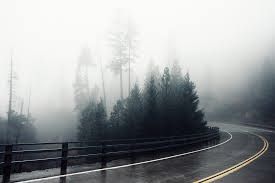
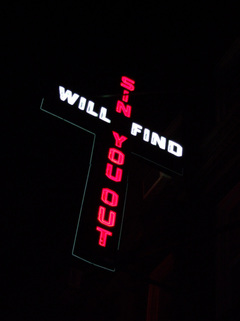
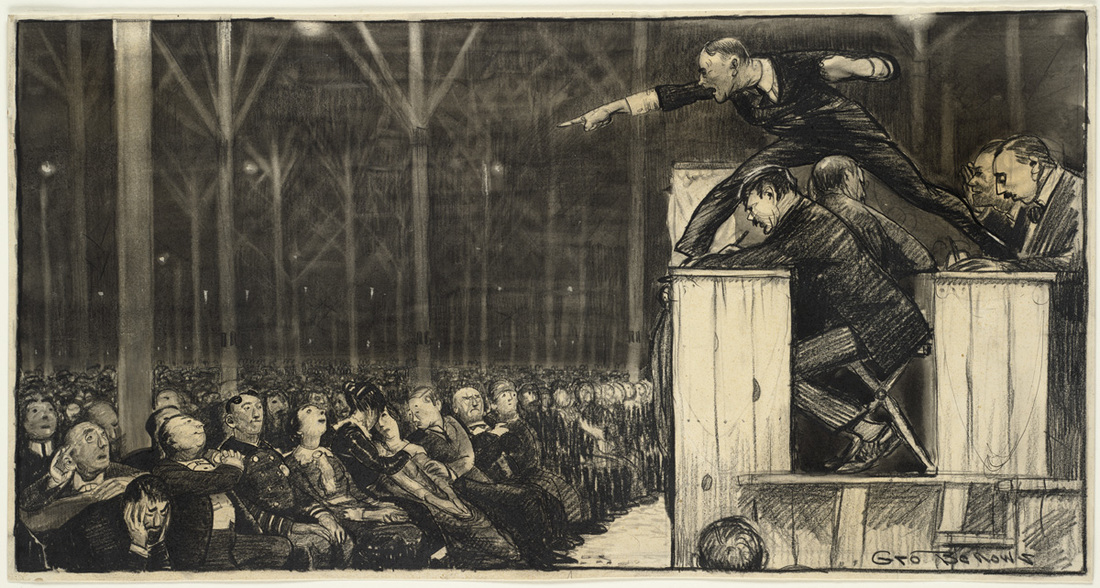
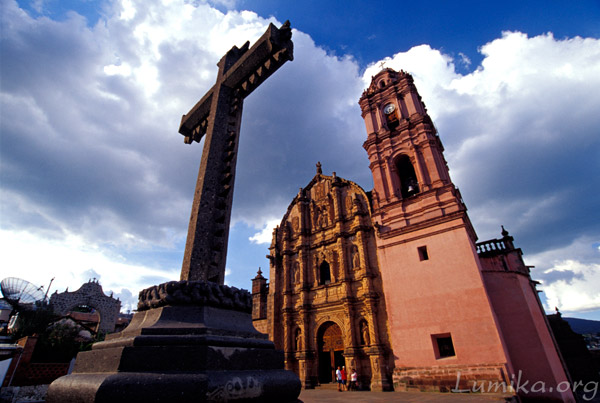
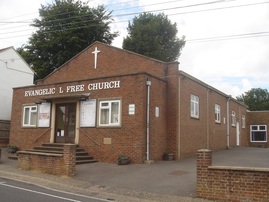
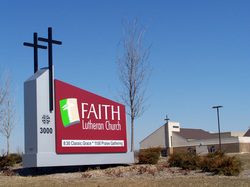
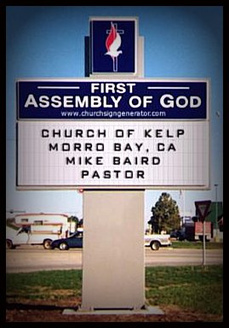
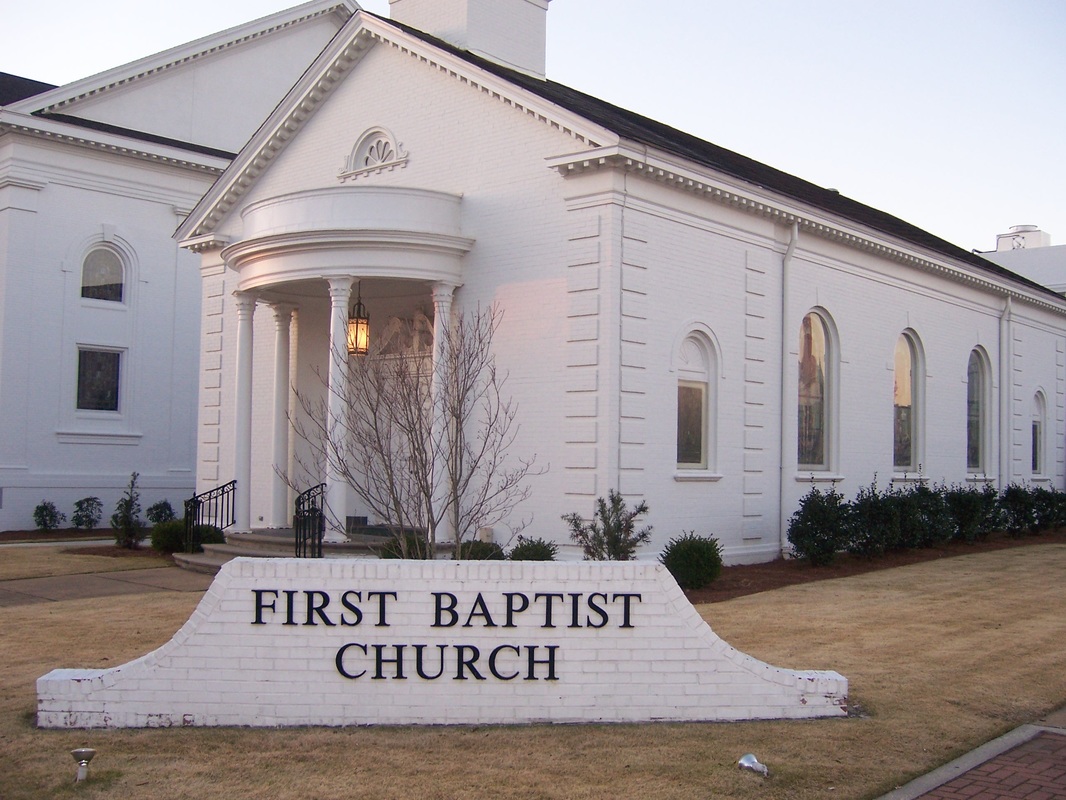
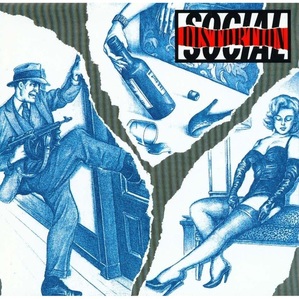

 RSS Feed
RSS Feed